Cysts
Most skin cysts are benign, and respond favorably to dermatologic treatment; however, some lesions that appear cyst-like may be tumors and could be malignant.
Our skin experts at Mid TN Skin can help diagnose and develop the proper treatment protocol for you. Learn more about cysts below and schedule an appointment for your skin check.
Examples of Cysts
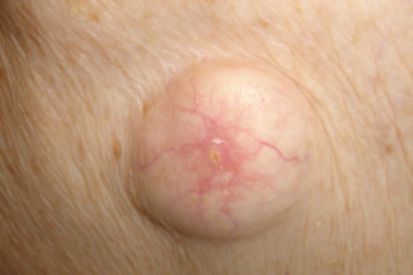
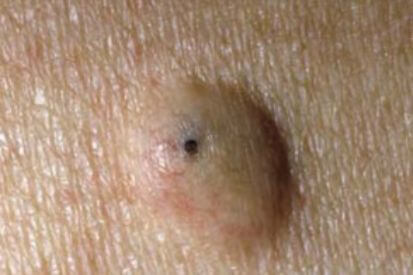
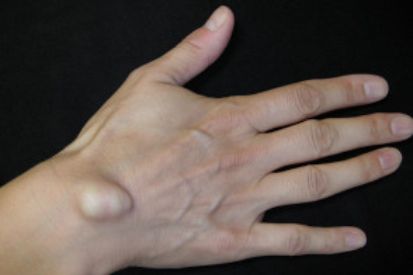
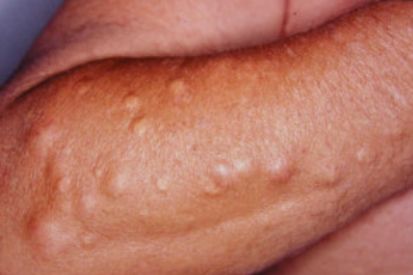
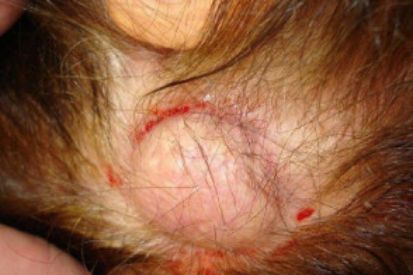
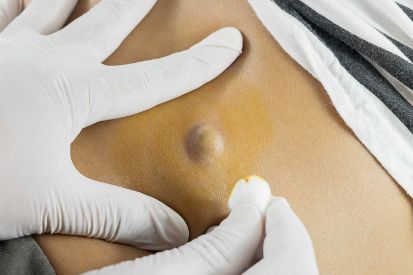
Symptoms of Cysts
- An abnormal lump on the surface or just below the skin.
- Slow-growing, painless and smooth to the touch when they are rolled under the skin.
- Cysts can appear anywhere, but generally appear on the face, neck, trunk and genital area.
What Causes Cysts?
- Cysts are caused blockage of ducts or glands in the body.
- Infection, leading to the formation of an abscess or cyst.
- Chronic inflammatory conditions.
- Genetic conditions that predispose individuals to cyst formation.
- Certain medications or drugs.
- Tumors or developmental abnormalities.
Cyst Prevention
- Practice good skin hygiene: reduces the risk of infections that may lead to cysts.
- Avoid skin trauma and injuries: minimizes the chances of cyst formation.
- Refrain from picking or squeezing the skin: prevents irritation and potential cyst development.
FAQS for Cysts
Some cysts may resolve on their own without intervention, especially if they are small and not causing symptoms. However, many cysts persist and may require medical attention. If a cyst is bothersome, inflamed, or growing, it's recommended to consult with a dermatologist for an evaluation and appropriate management.
Not all cysts require removal, particularly if they are small, asymptomatic, and not causing cosmetic concerns. However, removal may be recommended if a cyst becomes infected, inflamed, or if there are cosmetic reasons for removal. Additionally, some cysts may be removed for diagnostic purposes or if there is concern about the possibility of malignancy.
Cyst removal is typically a minor surgical procedure performed by a dermatologist. The procedure may involve:
- Local anesthesia to numb the area.
- Incision and drainage for fluid-filled cysts.
- Excision, which involves removing the entire cyst, including the cyst wall.
In some cases, the removed cyst may be sent for laboratory analysis to confirm the diagnosis. Proper postoperative care is essential to minimize the risk of infection and promote optimal healing.
Most cysts are non-cancerous (benign). However, the presence of a cyst does not rule out the possibility of other skin conditions or tumors. A healthcare professional, typically a dermatologist, can evaluate the cyst and recommend further testing or removal if necessary.
In many cases, cysts are not painful. However, they can become tender or sore if they become infected or inflamed. If a cyst is causing discomfort or becomes painful, it's advisable to seek medical attention.
How to Treat Cysts
- Practice good skin hygiene to reduce the risk of infections that may lead to cysts.
- Avoid skin trauma and injuries to minimize the chances of cyst formation.
- Refrain from picking or squeezing the skin to prevent irritation and potential cyst development.
Featured Products for Sun Safety
Check your local office for current stock!
Check your local office for current stock!
